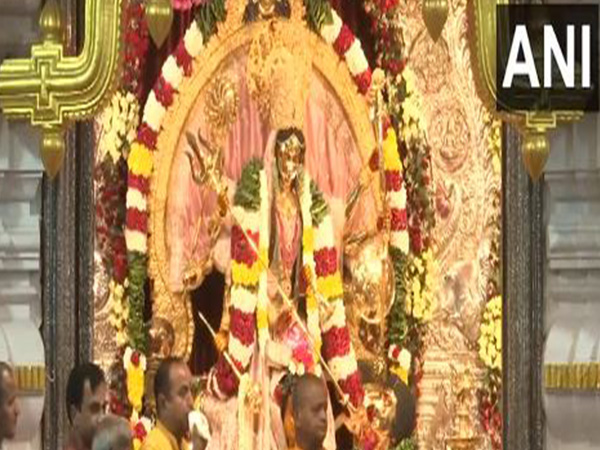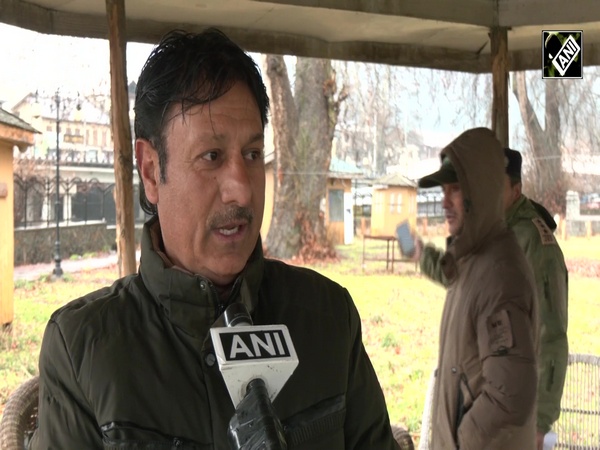Hong Kong authorities continue to punish dissenting voices
Apr 21, 2022

Hong Kong, April 21 : The recent arrest in Hong Kong of a journalism professor, on charges of conspiring to publish seditious material, has troubled academics and journalists alike and shows how the city authorities continue to punish dissenting voices.
Allan Au, 54, a lecturer and consultant at the Chinese University of Hong Kong (CUHK) journalism school was detained by city authorities on April 11.
Allan was later released without charge, Voice of America (VOA) reported.
Allan, whose writing touched on issues such as the national security law, has worked as a producer for TVB News. He was a Knight Fellow at Stanford University in 2006. Moreover, he also provided commentary for the Ming Pao newspaper and Stand News.
Political and law expert Eric Yan-ho Lai said, "This arrest gives a disturbing message and signals a chilling effect to outspoken opinion writers as well as academics who commit themselves in public debate."
"Dr. Au's research and teaching interests are censorship and self-censorship in the industry of journalism. His arrest is obviously, and sadly, an example of how the authorities censor and punish dissenting voices in the city," Yan-ho Lai told VOA.
According to Reporters Without Borders (RSF), Hong Kong authorities are determined to eradicate press freedom.
"The detention of a third journalist from Stand News ... months after the media's forced shutdown shows the government's determination to put an end to press freedom in the territory," the group's East Asia bureau head, Cedric Alviani, said in a statement.
RSF has said that Hong Kong's use of legal action, including the National Security Law, to punish what it deems "crimes against the state" has made journalism more dangerous.
In a report titled The Great Leap Backwards of Journalism in China, published on December 7, 2021, RSF revealed the system of censorship and information control established by the Chinese regime and the global threat it poses to press freedom and democracy.
Hong Kong, once a bastion of press freedom, has fallen from 18th place in 2002 to 80th place in the 2020 RSF World Press Freedom Index. The People's Republic of China, for its part, has stagnated at 177th out of 180.
















